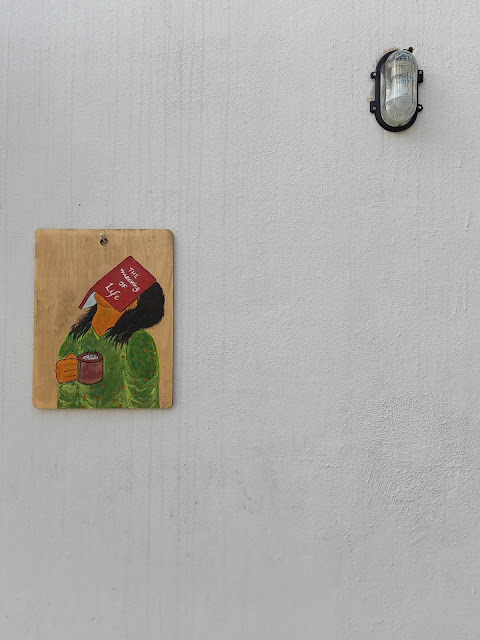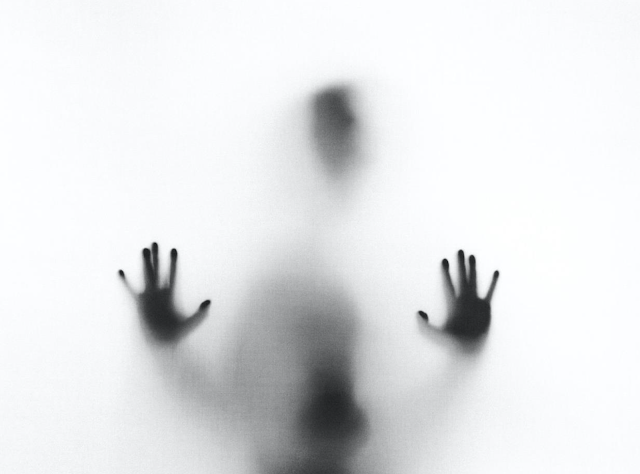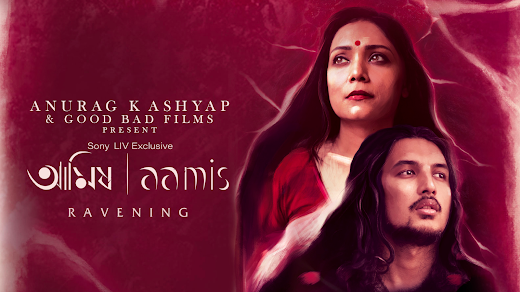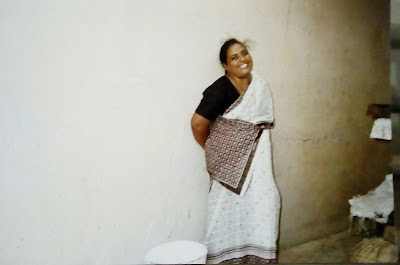The Paradox of Not Wanting to Live, Yet Not Wanting to Die
“I often wish I was never born, but I am afraid of dying,” said my friend in a low tone, though firmly.
I froze, nearly spilling my coffee on the new tablecloth.
“What?” I asked, my heart plummeting.
“It’s just hard to find the will to keep going,” she said, looking away. “It’s just — so meaningless sometimes. What’s the point of all this?”
Before I could say a thing, she added hastily, “Don’t worry — I’m fine. I’m not going to do anything drastic.”
“Are you sure?” I asked softly, hoping she’d open up a bit more.
She gave a faint, sad smile. “If I really wanted to, I wouldn’t be here talking to you, would I?”
We spent the next hour talking — listening, reassuring her, making sure she was safe. But even after our conversation had ended, I couldn’t let her words go. Later that night, I found myself turning to Google for answers.
Why would my friend tell me that she wanted to die?
The search put me onto many helplines, forums, and articles committed to helping people out with such thoughts. And as I scrolled, I was hit by the very frequency of this internal conflict alone: people from all walks of life shared their struggles, and it was rather heartbreaking and unsettling to see just how common these feelings can be.
Life is an intricate web of emotions, experiences, and challenges. It is a journey that mostly changes direction at every other turn, making one feel lost, overwhelmed, and sometimes even living in denial of their will to live. Such a paradoxical state of mind can be really confusing and disturbing — when one doesn’t want to live, yet doesn’t want to die either. It’s a state that plagues the minds of many individuals grappling with their mental health. You’re not alone if you’ve ever experienced these conflicting emotions.
But why do you feel this way?
The Human Struggle
Life, as we know it, is like a rollercoaster ride that always has ups and downs. During those gloomy moments, one may be burdened and feel, “What is the use of living?” But then, the fact is that this is temporary and only a state of mind, which is dragged by various factors.
The Fear of the Unknown
One of the reasons we might feel this paradox is our deep-seated fear of the unknown. As terrible as the hardships in life may be, the idea of moving into the unknown realm of death can be equally daunting. We are afraid of what is on the other side, afraid of leaving behind loved ones, or simply afraid of what will happen once we leave this mortal coil.
The Potential for Change
Deep inside, we have an intrinsic drive for growth and self-improvement. Even when we feel hopeless and lost, a part of us still clings to the hope of a better future. We still hold on to the fact that life can change and that happiness and fulfillment could again come into our lives. It is this glimmer of hope that can prevent us from fully embracing the idea of ending our existence.
The Complexity of Emotional Pain
Human emotions are complex, and sometimes the intensity of our pain can distort our perception of reality. During extreme emotional turmoil, it may seem like the pain is unbearable and eternal. However, it’s essential to recognize that emotions are transient, and with time and support, they can change.
Suicidal Ideation: What it Means & Why it Matters
Suicidal thoughts don’t necessarily mean you truly want to die. It’s crucial to understand the distinction between passive and active suicidal ideation. Passive thoughts involve contemplating death without making any specific plans to carry it out. On the other hand, active suicidal ideation entails actively formulating plans to end one’s life.
Passive suicidal thoughts often emerge from overwhelming emotional pain, depression, or feelings of hopelessness. They can manifest as a way of expressing the desire to escape the current state of suffering. It’s essential to acknowledge that these thoughts, although distressing, do not necessarily indicate an explicit intention to end one’s life. They signal that something is deeply wrong and require attention and support.
Active suicidal ideation, on the other hand, is a more dire state that demands immediate attention and intervention. It involves detailed planning and preparation to self-harm or end one’s life. If you or someone you know is experiencing active suicidal thoughts, seeking help is essential.
The paradox of not wanting to live, yet not wanting to die, is a deeply human struggle many of us face at some point in our lives. It’s essential to remember that life is a constant ebb and flow, and the emotions we experience during our darkest times may not reflect our true desires. However, regardless of their nature, thoughts of wanting to die should never be dismissed or taken lightly. They clearly indicate that an individual is struggling and in need of support.
If you find yourself gripping this paradox, reach out for help. Seeking help is a sign of strength and resilience. Talk to friends or family or seek professional assistance from therapists or helplines.









Comments
Post a Comment